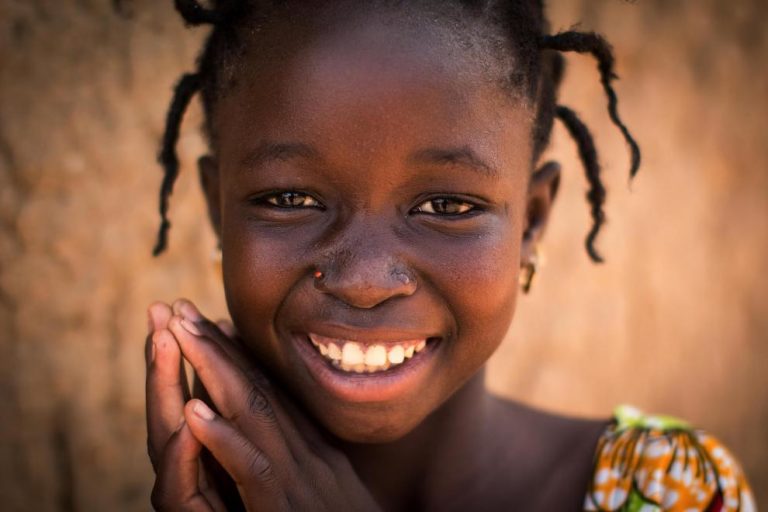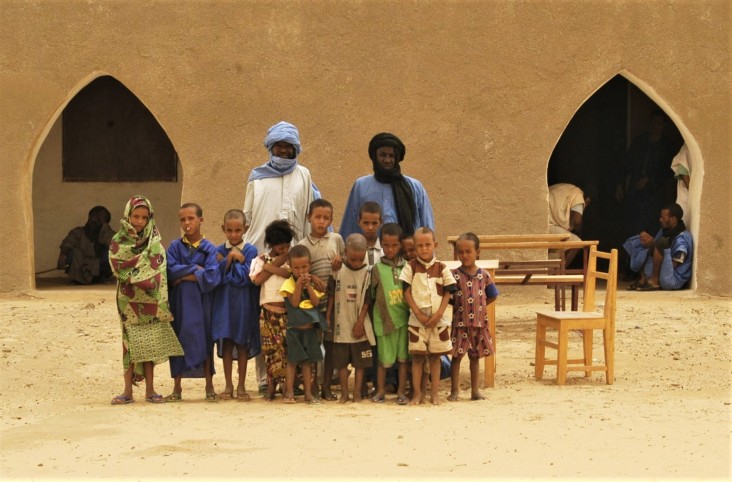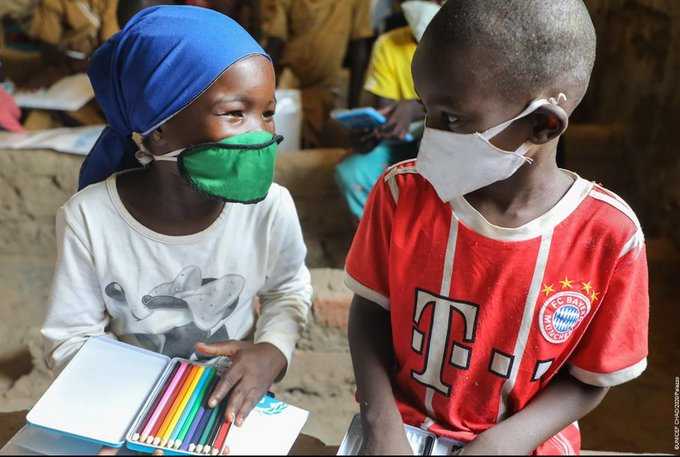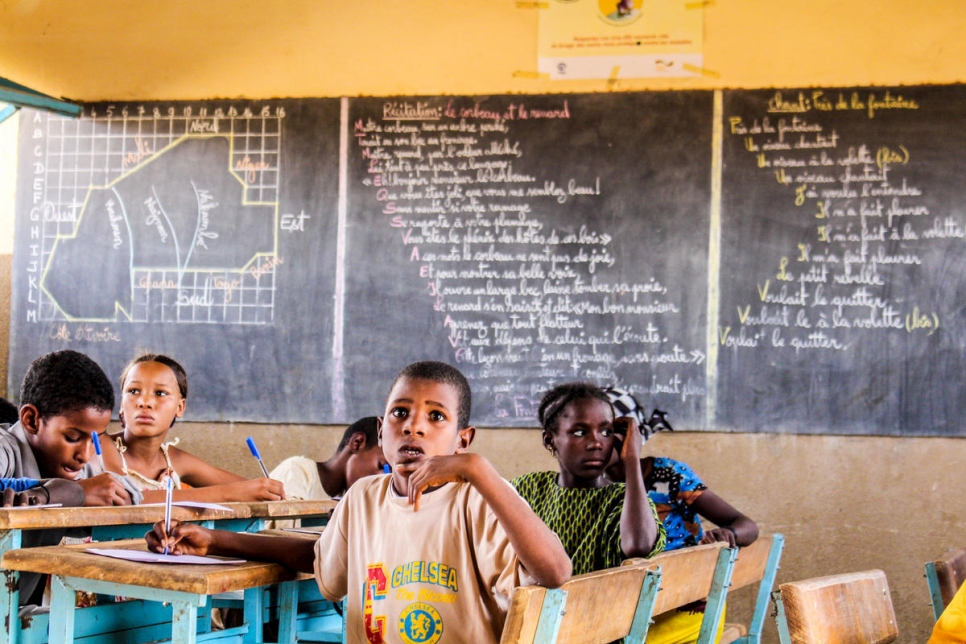Education Cannot Wait Approves US$6 Million First Emergency Response for Sahel Regional Crisis

187,000 Children and Youth in Burkina Faso, Mali and Niger to Benefit from Education Opportunities in Protective Learning Environments
In response to the worsening crises that have affected over 2.3 million children in the Sahelian countries of Burkina Faso, Mali and Niger, Education Cannot Wait today announced a new US$6 million allocation to support education in emergencies responses that will benefit 187,000 children and youth.
This ‘First Emergency Response’ allocation was developed to help address the urgent education needs faced by so many children and youth affected by the Sahel regional crisis – identified as an urgent priority by G7 leaders in Paris earlier this month.
At least 1.5 million children require education assistance, including more than 460,000 who have been forced to drop out of school. Hundreds of schools are closed in the region due to insecurity and violence. Schools and teaching personnel have been attacked and threatened.
Boys and girls in areas affected by violence face increased risk of recruitment into armed groups, exploitation and abuse, sexual violence, child marriage. Compounding factors in the region include insecurity, extreme poverty, impacts of climate change and epidemics.
“Children in the Sahel are among the most vulnerable in the world. We must act now to respond to the education crises in Burkina Faso, Mali and Niger to ensure every child has the opportunity to learn and thrive in a safe and protective learning environment,” said Yasmine Sherif, Director of Education Cannot Wait. “For these girls and boys living with the uncertainty, fear and insecurity of violence, drought and hunger, access to quality education is a beacon of hope.”
- According to analysis of ongoing humanitarian response plans and flash appeals, a US$41 million funding gap for the education humanitarian response remains across the three countries.
- In Burkina Faso, over 1,800 schools are closed in areas impacted by violence and targeted attacks against schools, affecting some 380,000 students.
- In Mali, a quarter of a million students and close to 6,000 teachers have been affected by violence and insecurity, which has resulted in the closure of over 950 schools.
- In the Tahoua and Tillabéri regions of Niger, an estimated 114,000 school-aged children require humanitarian assistance, with 60 schools closed in Tillabéri.
The 12-month Education Cannot Wait ‘first emergency response’ grants will help restore access to education for affected children and youth, with an emphasis on access to education for girls, the creation and maintenance of safe, protective learning environments, teacher training and community mobilization.
The planned responses were developed in partnership with national governments, education clusters, local and international NGOs, and civil society organizations. They will be implemented by: Plan International (US$700,000), Save the Children (US$700,000) and UNICEF (US$800,000) in Burkina Faso; Humanity and Inclusion (US$700,000) and Save the Children USA (US$1.2 million) in Mali; and, by UNICEF ($1.9 million) in Niger.
KEY PROGAMME OUTPUTS
- Construction and rehabilitation of classrooms for close to 41,000 out-of-school, crisis-affected children
- Construction and rehabilitation of latrines in schools and learning spaces to benefit approximately 47,000 students
- Distribution of learning materials for over 94,000 students
- Hygiene promotion, including menstrual hygiene management for over 68,000 students
- Psychosocial support, risk mitigation and other capacity building on protective learning environments for 187,000 students
- Teacher training for over 3,000 teachers on psychosocial support, risk mitigation, protective learning environments and inclusive education for 187,000 students
- Mobilization of over 83,000 community members to support the creation of protective learning environments (including enhancing environments surrounding schools)
- Radio education programming in Niger and Burkina Faso
For Press Inquiries:
Anouk Desgroseilliers:
adesgroseilliers@un-ecw.org
+1-917-640-6820
Kent Page:
kpage@unicef.org
+1-917-302-1735



